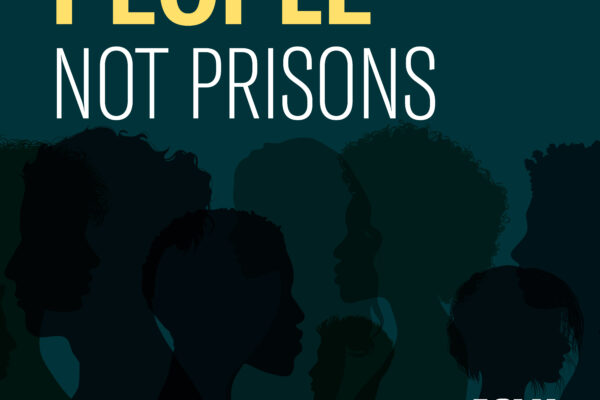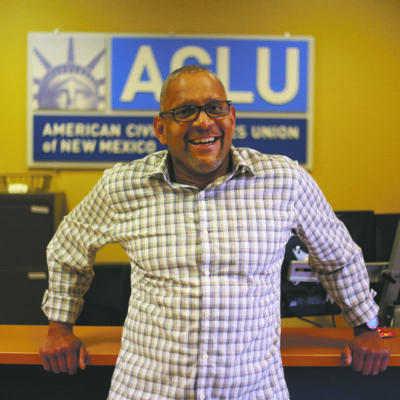Like many New Mexicans, I have unfortunately experienced my fair share of crime, including witnessing my older brother’s murder several years ago. Losing a loved one to violence is very traumatic and leaves people at a great loss. As we crime survivors continue to navigate the labyrinth of grief and pain such events create, one thing has become clear: our policymakers’ approach to crime and public safety must evolve so fewer people experience what I and so many others have endured.
Our elected leaders must be brave enough to invest in the infrastructure needed to pursue evidence-based solutions known to improve public safety outcomes and abandon, once and for all, failed and outdated policies that create new crimes and increase existing penalties.
If New Mexico reduced our prison and jail footprint and invested the savings in community-based programs like substance use disorder programming and mental health treatment, we could have a real impact on two of the biggest drivers of criminal behavior in our communities.
New Mexico’s leaders need to listen to survivors and put energy into addressing the root causes of crime, not just the symptoms.
The 2020 New Mexico Substance Use Disorder Treatment Gap Analysis reported that approximately 65 percent of New Mexicans living with substance use disorders did not have access to treatment. The August 2023 Legislative Finance Committee Progress Report reported that incarcerated people and those under community supervision lacked adequate access to treatment for substance abuse disorders.
If New Mexico’s leaders are serious about making our communities safer, they need to listen to survivors and put time and energy into addressing the root causes of crime, not just the symptoms.
I know the person who killed my brother years ago lived with substance use disorders and mental health issues. If he and others like him had been able to access the addiction and mental health care they needed, how many lives would have been saved or changed forever?
People who have been incarcerated are often also crime survivors themselves. Since 2018, I have connected with more than 600 formerly incarcerated people, and one thing they have in common other than being incarcerated is that nearly all of them have survived some type of crime or other violent incident.
Survivors and their families deserve better than to be used as props for a tired and outdated approach to criminal justice that hasn’t made our communities any safer.
I am not the only crime survivor who would like to see our elected officials invest in people, not prisons, to reduce further harm. The Alliance for Safety and Justice National Survey on Victims’ Views on Safety and Justice shows that crime survivors overwhelmingly support initiatives that hold people accountable outside of prison and jail settings. When surveyed, six out of 10 survivors “prefer shorter prison sentences and more spending on prevention and rehabilitation,” as opposed to “sentences that keep people incarcerated for as long as possible."
Survivors and their families deserve better than to be used as props for a tired and outdated approach to criminal justice that hasn’t made our communities any safer. Lawmakers in New Mexico must finally commit to the work of addressing public safety in ways that will actually improve our communities and save lives.


